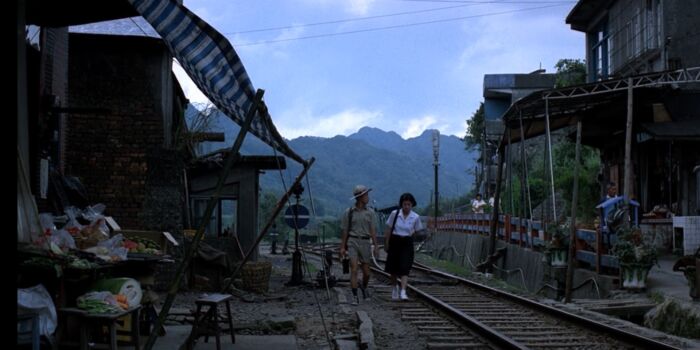
- Kijkwijzer 6
- Geweld



A-yuan and A-yun are both from the small mining town of Jio-fen. They move to Taipei, where A-yuan is an apprentice by day and goes to night school, and A-yun works as a helper at a tailors. Everyone thinks they are meant for each other, and so do they. They fail to see time and fate are beyond their control.
KINO is proud to present (re)introduce you to nine masterpieces from the Taiwan New Wave. These classics have remained underseen in cinemas, so it’s high time we showcase them on our grandest screen. Featuring films from the first and second wave by Edward Yang, Hou Hsiao-hsien, Ang Lee, Tsai Ming-liang and more. The films of this revolutionary movement in cinema history were artistically innovative, but also in their realistic portrayal of the Taiwanese people. They illustrated societal and economic shifts, much like Italian Neorealism in the 1940s. By capturing their cultural identity, these filmmakers created their own voice and their own national cinema. Trailer: Baris Azman
